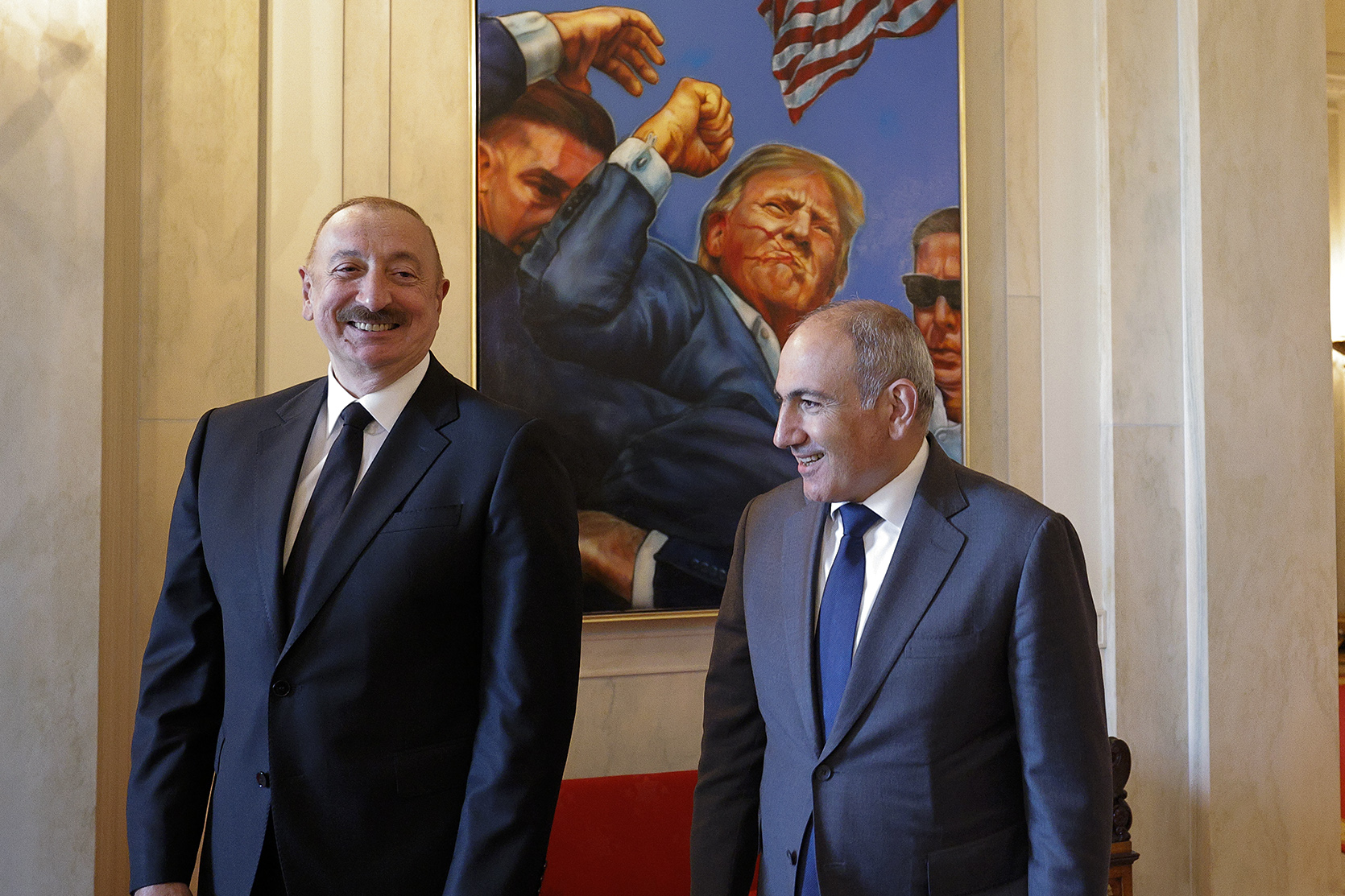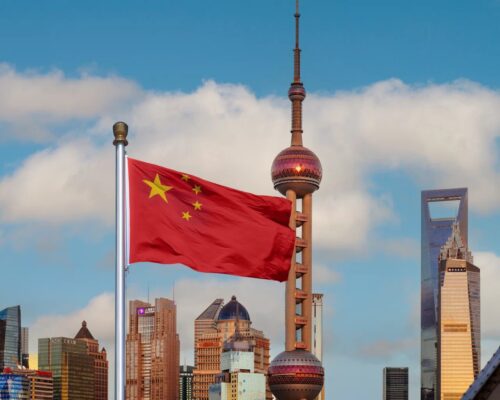
Lasting peace between Armenia and Azerbaijan is difficult and doubtful, given the region’s bitter history, says The Washington Diplomat
The Aliyev-Pashinyan summit got quickly overshadowed by Trump’s Aug. 15 meeting in Alaska with Russian President Vladimir Putin to end the Kremlin’s war with Ukraine, The Washington Diplomat writes.
Azerbaijan’s Ambassador to the U.S. Khazar Ibrahim told the publication that “Trump was influential in a very short time to bring peace to different corners of the world.”
Regarding achieving peace between Armenia and Azerbaijan, the diplomat noted, “Probably we would have had it, but not that fast, and not that deep.”
Eric Hacopian, an Armenian-American consultant who for 35 years advised Democratic politicians in California, noted that Aliyev never agreed to sign a peace treaty—nor does Hacopian expect one to be signed.
Central to the deal is the Trump Route for International Peace and Prosperity (TRIPP), formerly known as the “Zangezur Corridor”.
According to Forbes magazine, TRIPP “would forge a pathway from the Stans in Central Asia down through the Caucasus to Turkey and beyond to the world, effectively revitalizing the old Silk Road, which means it would bypass both Russia and Iran.”
Russia is the big loser here. Tehran isn’t too happy about TRIPP either, warning Aug. 9 that “this corridor will not become a passage owned by Trump, but rather a graveyard for Trump’s mercenaries.”
Sergey Minasyan, who was Armenia’s ambassador to Romania from 2017 to 2023, and an expert on conflict resolution, told The Diplomat that the wild card remains Armenia’s 2026 parliamentary elections, in which Pashinyan’s position is “quite fragile.”
“Armenian society is very divided after the results of the 2020 war, and the 2023 deportation of Armenians from Nagorno-Karabakh,” he said. “Nobody’s actually happy with these concessions.”
Asked about a potential opening of embassies in each other’s capitals, he said “this could be possible only after the signing of a peace agreement, and I don’t think that’s realistic before next year’s parliamentary elections in Armenia.”
At this stage, it’s just a political declaration, he said—nothing more.
For the moment, he said, Russia appears to be losing ground in Armenia and the South Caucasus as a whole. But it’s possible, he added, that “after a ceasefire in Ukraine, Russia will probably try to come back to the Caucasus when it has more resources and time to pay attention.”
Alex Raufoglu, a Baku-born journalist, remains deeply skeptical as to whether real peace will be established between Armenia and Azerbaijan, given the region’s bitter history.
“While leaders sounded committed, lasting peace is complex. It requires societal involvement and overcoming hurdles like potential constitutional changes and the need for broad public support,” he said. “Without a genuine shift in societal attitudes, the agreement’s foundation could remain fragile.
Hacopian, in turn, noted that ethnic cleansing—under international law—is genocide. “It is a moral, political abomination,” he said, noting that there cannot be any debate on whether the Armenian genocide took place.


